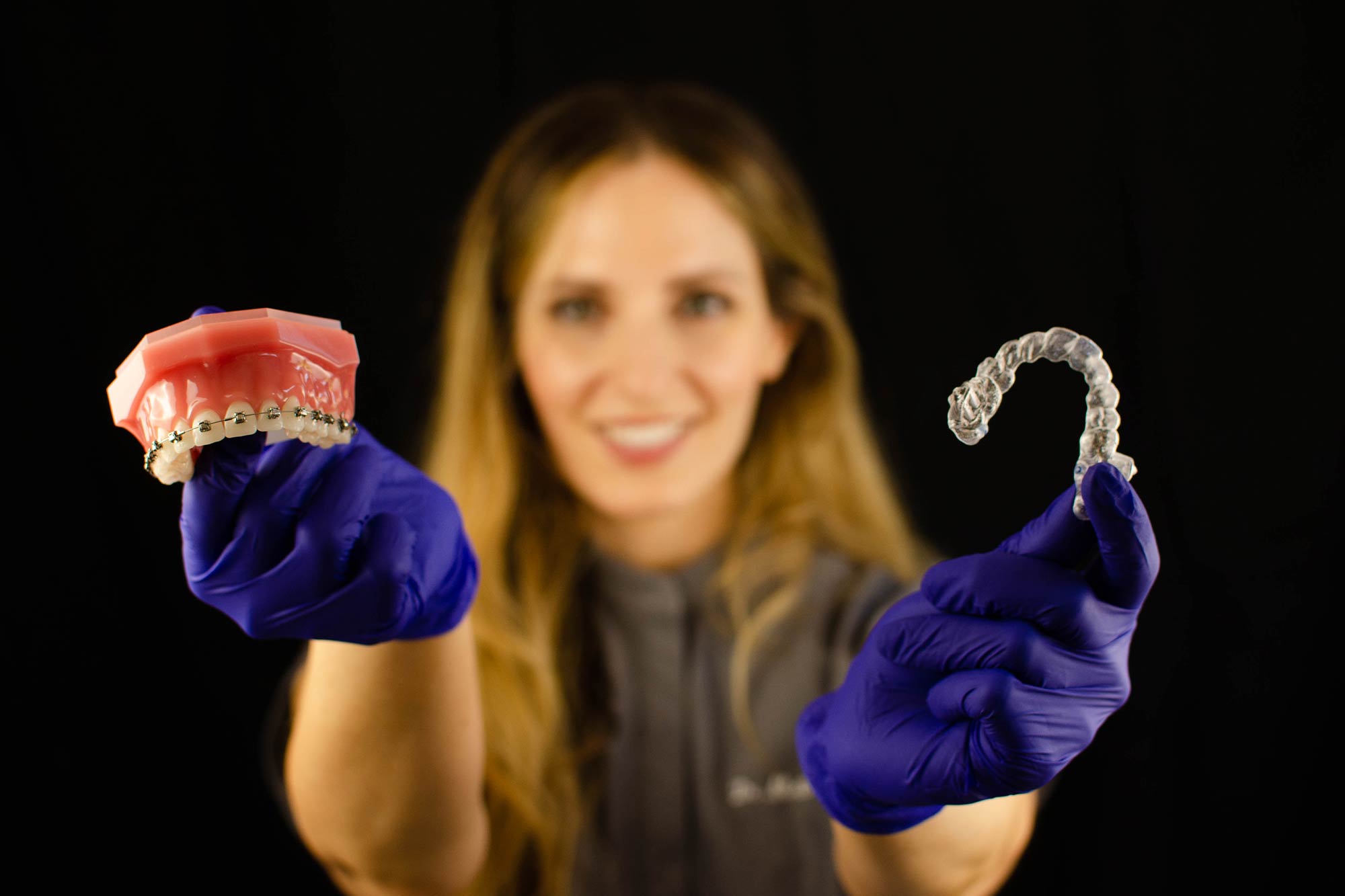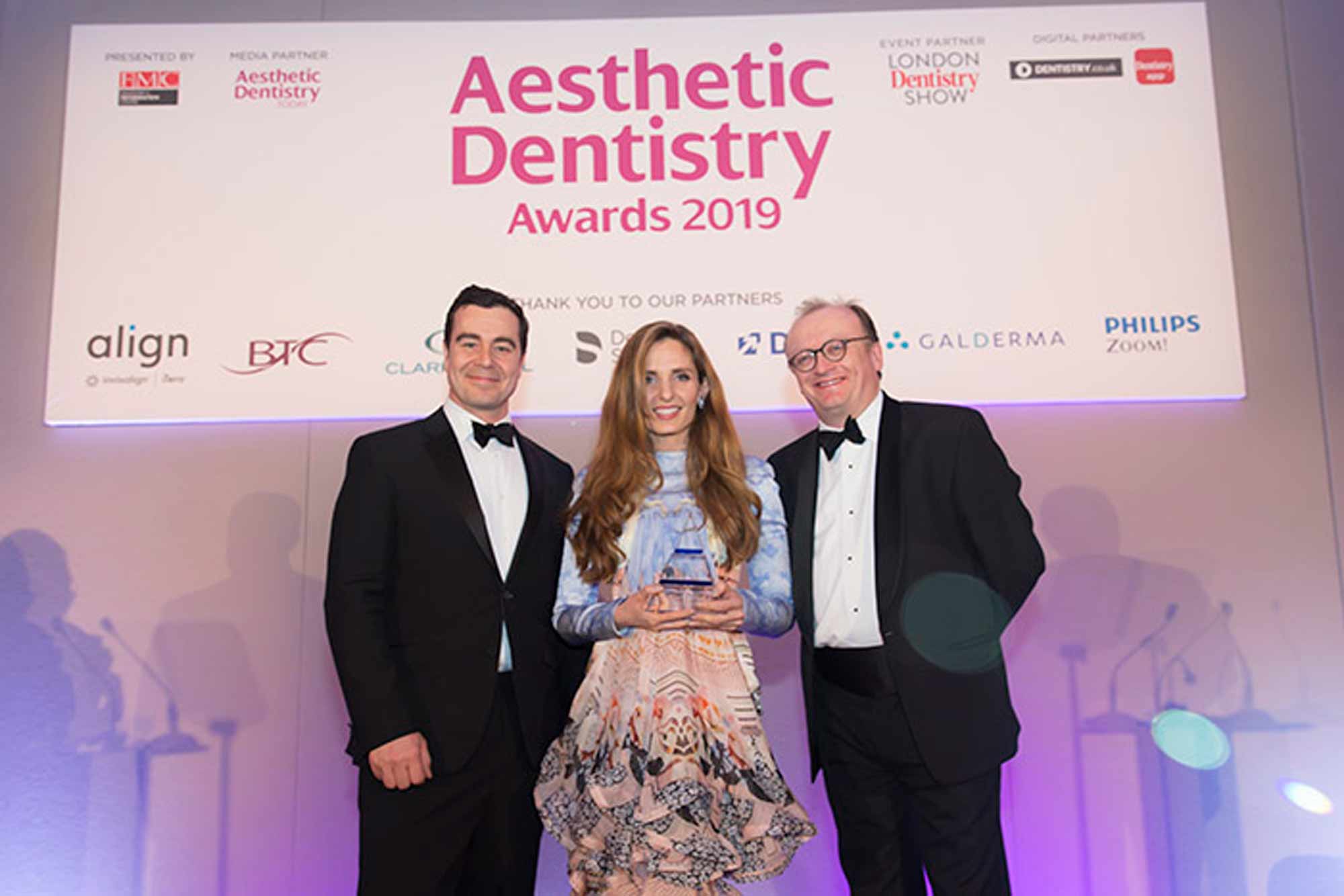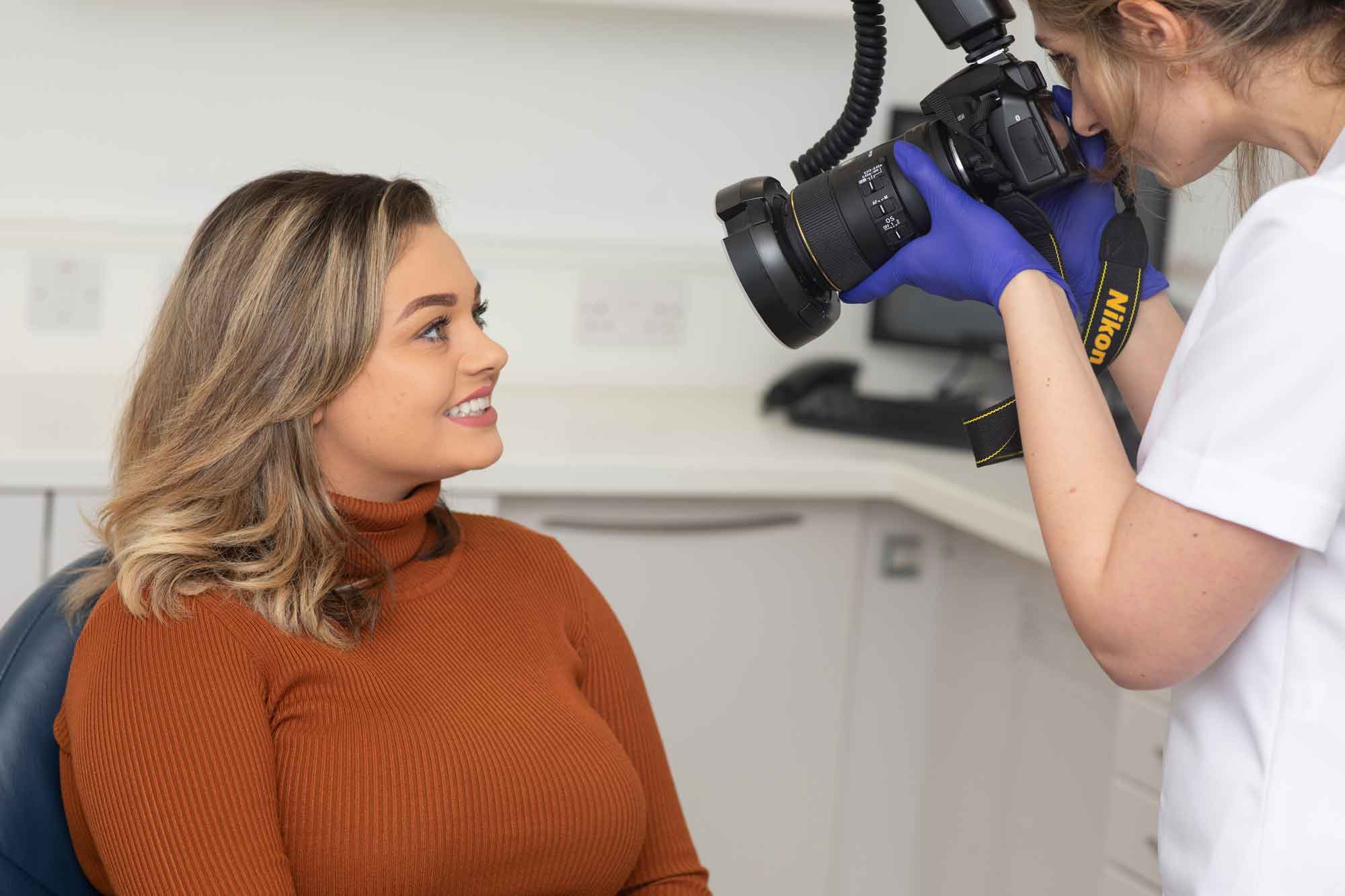 Specialist orthodontist, Melina Paschali, tells the story of her life from Thessaloniki to Southampton.
Specialist orthodontist, Melina Paschali, tells the story of her life from Thessaloniki to Southampton.
Factfile
- Qualifications: DDS, MSc (Orth)
- Position: associate dentist, specialising in orthodontics
- Dental interests: digital planning, aligner orthodontics, passive self-ligation appliances, temporary anchorage devices, minimally invasive dentistry
- Interests out of dentistry: travelling, photography, reading, horse riding, skiing, friends and family
- Instagram: @dr.melinapaschali.
I was born in Thessaloniki –the second largest city in Greece. It’s a lively and exciting place, known for its intriguing history and its vibrant culture.
I moved to the UK after my graduation from dental school, 10 years ago. The decision to relocate was driven by a desire to broaden my horizons and explore new opportunities to grow. To progress personally and professionally.
The intention was to continue my education, following my interest in cosmetic dentistry. My first job offer from Smilemakers came shortly after.
Over the years, I have undertaken extensive post-graduate training, including a short course on aesthetic and restorative dentistry at King’s College in London, before pursuing my true passion – a career in orthodontics.
I completed an MSc in orthodontics with distinction at the University of Warwick, where I later had the pleasure to be offered an honorary external teaching fellowship position.
What or who made you choose a career in dentistry and orthodontics/cosmetic dentistry?
Dentistry was a choice I made consciously but also with some uncertainty.
At the time of my university application I was only 17 and I was still considering other options, including medical and even law school! As I had an inclination to medical sciences and to more creative professions, whilst I enjoyed working with people, dentistry seemed like a sensible choice.
But despite it being an exploratory decision in the beginning, I absolutely loved dentistry straight away and I knew I had taken the right path.
Orthodontics was one of my favourite subjects as a student. Having been an orthodontic patient myself, I could appreciate first-hand the huge impact a new smile can have on one’s life.
My interest grew exponentially when I started working at Smilemakers alongside Simon Horsley, the then-principal dentist and my mentor, who had vast experience in the field and he inspired the same passion for orthodontics in me.
Tell us more about the practice you work at?
Smilemakers in Southampton is a welcoming, family practice with a multi-disciplinary team of highly skilled clinicians, covering a broad spectrum of dental services.
As an aspiring dentist, it is a fantastic place to work at. It is a great privilege to work alongside talented and hardworking colleagues, but also a supportive team that is striving to provide exceptional care for our patients.
It wouldn’t be an overstatement saying I consider these people my second family!
You won an award at last year’s Aesthetic Dentistry Awards – what does winning the award mean to you?
Winning this award last year, in the category of Orthodontics with Invisalign, I have to admit, was such a joyous and humbling experience and a heart-warming affirmation of peer recognition.
When I first came across the Aesthetic Dentistry Awards, I was inspired by the work presented and celebrated and having the opportunity to be a part of such an event was truly exciting.
More importantly, it was rewarding not only for me but also for the whole practice. It has been truly uplifting for the Smilemakers team and delightful for our patients since a wider acknowledgment naturally reaffirms the trust.

What are your views on early intervention in orthodontics?
A guiding notion in dentistry is that prevention is better than cure.
Every day dentists take steps to prevent caries and periodontal disease. It seems perfectly sensible to strive to prevent malocclusion too, when and where possible.
I am a firm believer in early intervention in orthodontics, as well-timed treatment could eliminate or lessen the severity of orthodontic problems at their onset in a way that could greatly benefit our patients.
What are your thoughts on removable braces and short-term orthodontics and also GDPs carrying out orthodontics?
It would be hard to make a general comment on removable braces as they cover such a wide range of appliances and applications.
In my practice, for example, I use removable appliances like Twin blocks, bite planes and expanders on occasion, whereas others such as Invisalign aligners, I use routinely to treat a majority of my adult, but also younger patients. My views are that there is no one ultimate orthodontic system and every technology has its merits.
With regards to ‘short term’ orthodontics, I find the term rather ambiguous or even misinforming. It alludes to shorter treatment times, but it often means ‘limited objectives orthodontics’.
Setting treatment limitations is sometimes necessary, not to mention a vital part of the planning and consent process. However, caution should be practised so that ‘limited objectives orthodontics’ do not continually substitute comprehensive orthodontic treatment, especially where the latter is attainable.
How has digital dentistry changed the way you work?
The introduction of digital dentistry in our practice has been truly a game-changer.
We use intra oral scanners for a range of purposes including record keeping, digital treatment planning and fabrication of appliances. It makes our workflow so much more efficient and offers unparalleled accuracy.
Above all, scanning is so much more comfortable for our patients. Digital treatment planning was also an incredible step forward.

Why did you decide to further your education in orthodontics?
As long as I can remember, my intention was to specialise in a certain aspect of dentistry. Knowing myself, I thought I would work best if I acquired expertise by focusing on one field.
I simply find orthodontics fascinating. The idea of transforming patients’ smiles, mostly without the irreversible intervention that is often integral with other disciplines, truly resonates with my philosophy as a dentist.
Not to mention that orthodontic treatment offers so much beyond just a beautiful smile.
Are there any products that you couldn’t live without in your practice?
The intraoral scanner, without a doubt. I admit I could live without having to take another PVS impression ever again!
Also, my camera and photography gadgets. Taking pictures of the patient’s journey is one of my favourite parts of the job. Photographs are an excellent way to educate and motivate patients and, of course, to appreciate the final treatment results.
From where do you get your motivation?
Honestly, at the end of the day, it is about the patient. I am particularly results-driven. Seeing happy faces at the end of treatment and creating smiles that both patients and I are delighted with is all the motivation I need.
And last but not least, I get really inspired by the work and incredible talent of my peers. From the people I worked with to dentists and orthodontists all around the world.
How do you relax in your spare time? How do you balance work and family life?
Learning to relax and properly switch off is such a fine art!
For me, people are always at the front row. Spending time with friends and family is incredibly valuable and I generously invest my time in personal relationships. I thoroughly enjoy meeting new people and making new connections.
As well as travelling and discovering new places, art and culture.
Where do you think dentistry is headed in the future and where do you see yourself in 10 years’ time?
For what I see, there is no doubt the future is digital. Dentistry is heading at a very fast pace towards its digital age and at the same time, in my opinion, further dentist specialisation.
In an era of increasing patient awareness and of ample information at everyone’s fingertips, dental professionals may have to go the extra mile and truly master their skills in order to meet those expectations.
As for myself, 10 years seem like a lifetime away.
However, I want to believe that I will still be enjoying dentistry and orthodontics as much as I do now.
At the same time, I want to give back to the dental community, perhaps by teaching, mentoring or, in a wider sense, supporting the younger peers.
This article was first commissioned for Private Dentistry magazine. You can read the latest issue of Private Dentistry magazine here.

